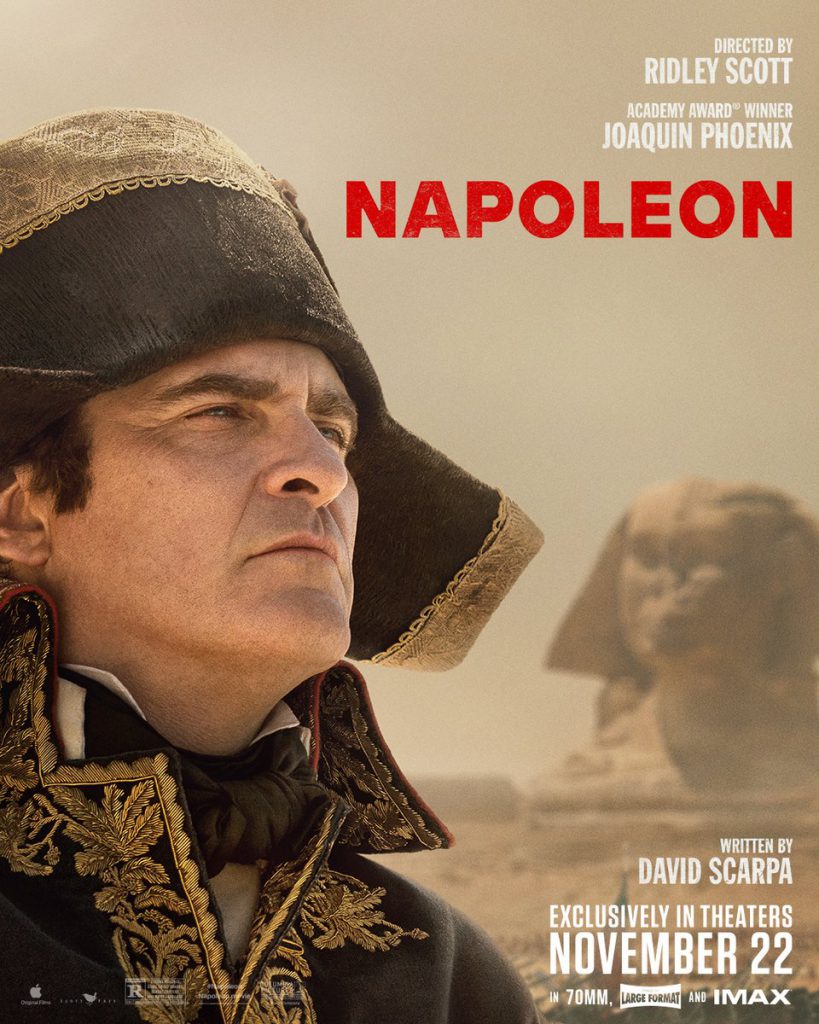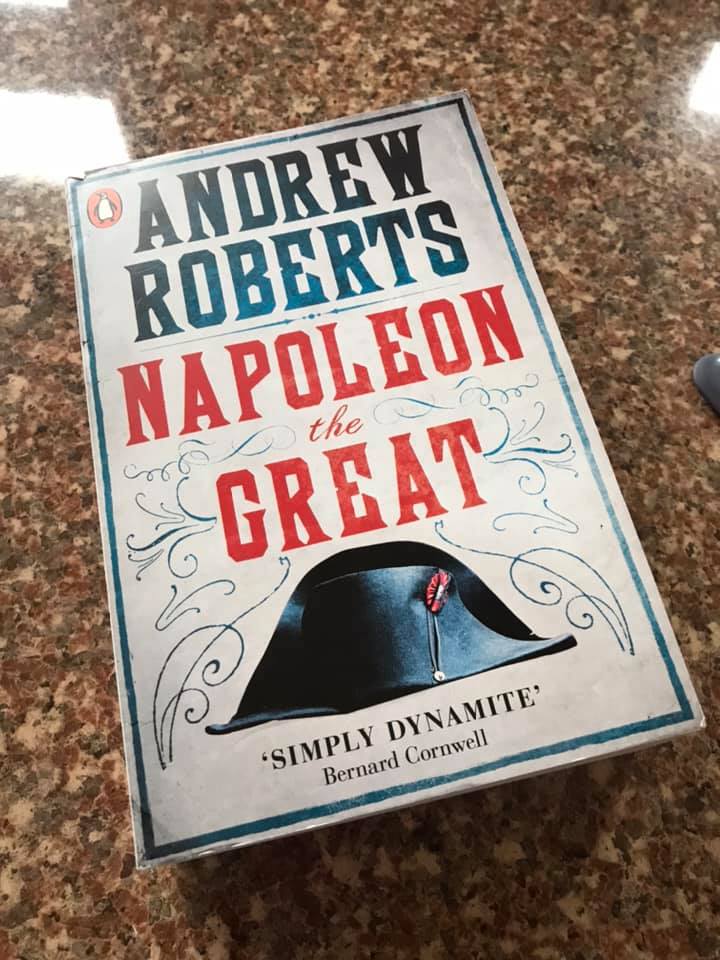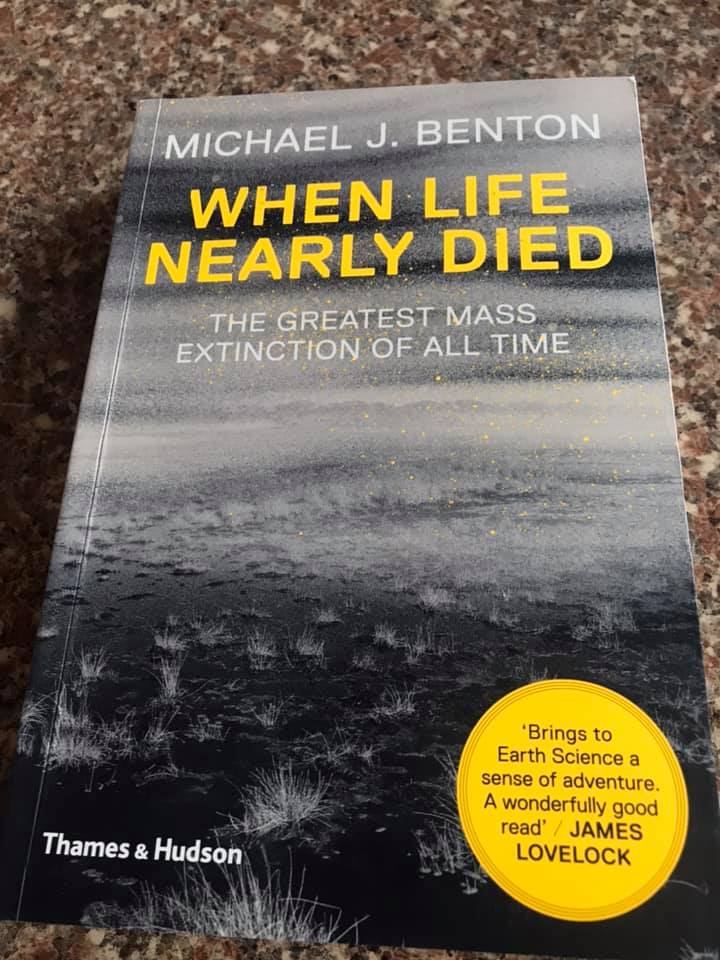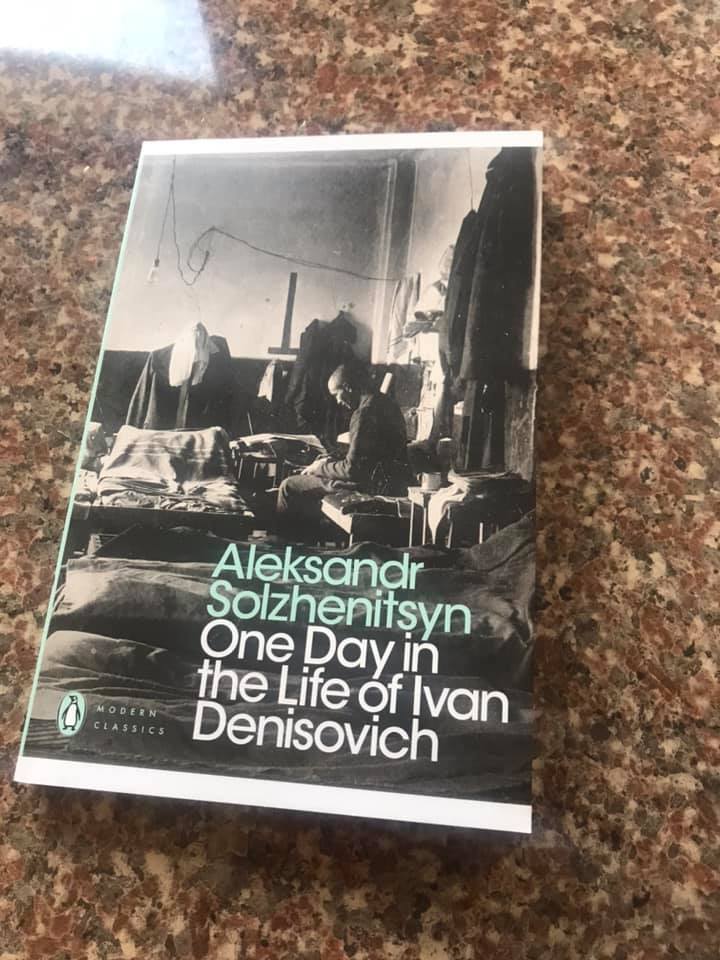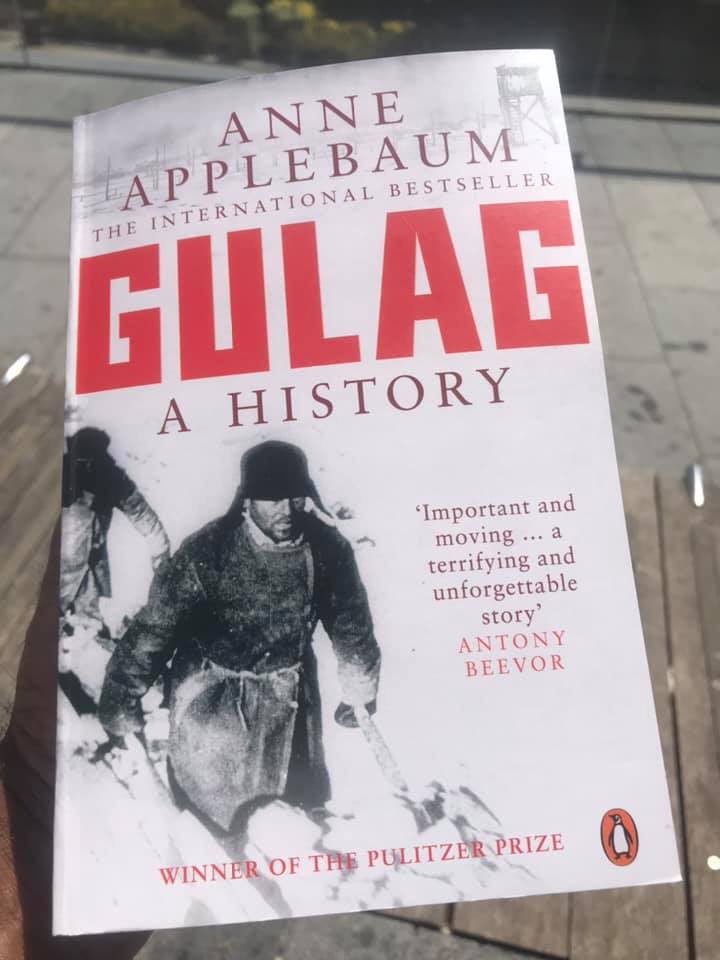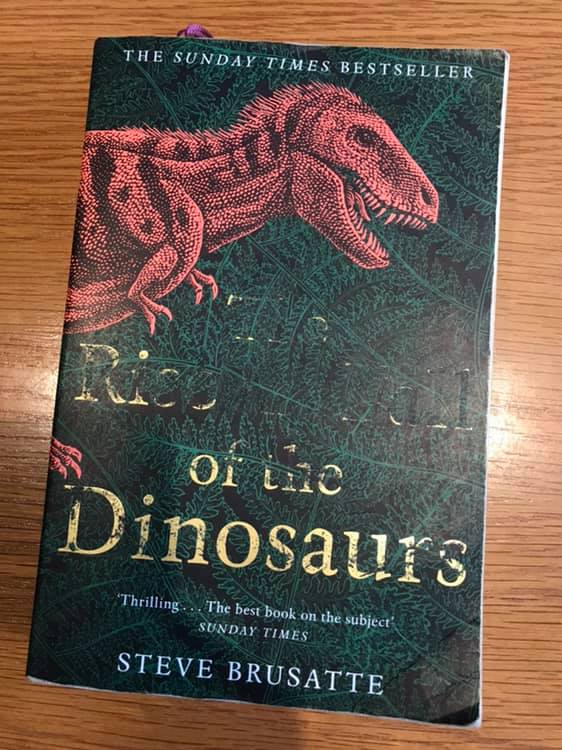The life of Napoleon Bonaparte has been documented more times than any other person in history with over 40000 books and 11 movies. From Abels Gance’s seminal 1927 Napoleon Biography to the big budget Waterloo starring Rod Steiger as the emperor. Stanley Kubrick spent several years developing a Napoleon Biopic only to have it shelved on budgetary grounds.
This then brings me to Ridley Scots much-anticipated addition to the Napoleon canon, which had been gestating in Scott’s head for many years, and with Writer David Scarpa on board with Joaquin Phoenix playing the iconic general, the omens were good for an old-fashioned epic in the mould of David Lean. Unfortunately, what we got is 160 minutes of the Napoleon and Josephine soap opera with a couple of short battles thrown in for good measure.
The film starts with Napoleon as a young 23-year-old lowly cavalry officer played by a 51-year-old Phoenix without any attempt at all to de-age him. His strong American accent further adds to the almost comic nature of the character. However, for reasons not given, this young officer is given the command of removing the British forces from the fort at Toulon. He then explains his plan to his commanding officer in a very quiet, nervous tone as if making it up as he goes. In fact the real Napoleon had spent a considering amount of time analysing the fort, terrain and tactical locations of the British forces before he introduced his audacious plan to his seasoned Generals. Napoleon fought bravely despite being sworded in the leg and against all odds, the fort was taken with the British fleeing. This segment as a whole is a film in itself as it first demonstrates Napoleons Genius in both Military and logistical planning and would have given a great insight in to his mind-set. The ultimate attack on the fort would have made a great finale to any film version.
However, here lies the problem with Scott’s film. At 2 hours and 38 minutes, the runtime is too short to encompass all the key events in Napoleons life, and like the siege of Toulon, events are rushed along with no real insight in to character motivations or explanations and we are then hurried to the next scene without any emotional glue as a linkage. Before the popcorn has even finished Napoleon is crowned Emperor and one is left wondering how he got to this pivotal moment. The script rushes along at a speedy pace and a lot of exposition has clearly been left on the cutting room floor.
The battle scenes are few and far between and then cut short, taking us straight after to long drawn out conversations between the two lovebirds. Pacing was definitely an issue.
Vanessa Kirby is fine as Josephine, although the actress is 20 years younger than Phoenix; Josephine was in fact 6 years older than Napoleon, but this is merely a trivial detail as the film takes great artistic license with many events and situations. However, it is Phoenix’s performance, which is the weak link here. There is no chemistry between the protagonists and I was continually wondering what Josephine found attractive in the unlikeable, awkward Napoleon with the personality of a wet slipper. The same Napoleon could not organise a game of football, never mind conquer most of Europe.
First-hand accounts tell us is that the real Napoleon was a very confident, witty, highly intellectual and attractive personality. He had a fierce temper an icy stare, and a smile that was very charismatic.
He rose from relative obscurity and as Emperor he instituted a number of lasting reforms: He reduced the power of the church and pushed Science, he reformed public education based on the ideals of reason and use of intelligent debate to build an ordered society. He centralised administration of government, a central bank, a road and sewer system and the legal system. The legal reforms became known as the Napoleonic code and remain to this day the cornerstone of modern law in 21st century Europe. He instigated religious freedom and whenever his armies entered European cities, they liberated the Jews, giving them civil and religious liberties at a time of widespread anti-Semitism.
He was also the greatest military leader that ever lived. His brilliant tactics at the battle of Austerlitz, his greatest victory, when the heavily outnumbered French forces routed the might of the combined Austrian and Russian armies is required learning in military academies to this day.
All this is omitted from the film and instead we get a version of Napoleon as an odd, comical character who merely stands and watches, as the battles are unfolding and lowering and raising his right arm at opportune moments.
I am not sure why Ridley Scott chose this particular historical figure. He clearly had no interest in understanding who Napoleon really was or to create a realistic portrait of what made the man tick. A case in point was the infamous scene showing Napoleon shooting at the pyramids. Basic research would have found that he had extremely high intelligence and was an avid reader of science, mathematics and history. He adored ancient history and prior to the Egypt campaign, he read the Koran and learnt Arabic to allow him to deal effectively with the tribal leaders. He also took with him Scientists and Archaeologists to examine the monuments and It was here that the Rosetta stone was found which led to archaeologists being able read Egyptian hieroglyphics. Napoleon was in awe of the ancient monuments and would never have fired on the pyramids. This complete disregard for the true personality of the man who is the main focus of this biographical film is quite surprising.
Despite the negatives, there are some good points from the film. The Cinematography by Dariusz Wolski is sumptuous and clearly modelled on the famous paintings of Jacques-Louis David and Jean-Auguste-Dominique Ingres and the costume design will almost certainly get an Oscar nod.

